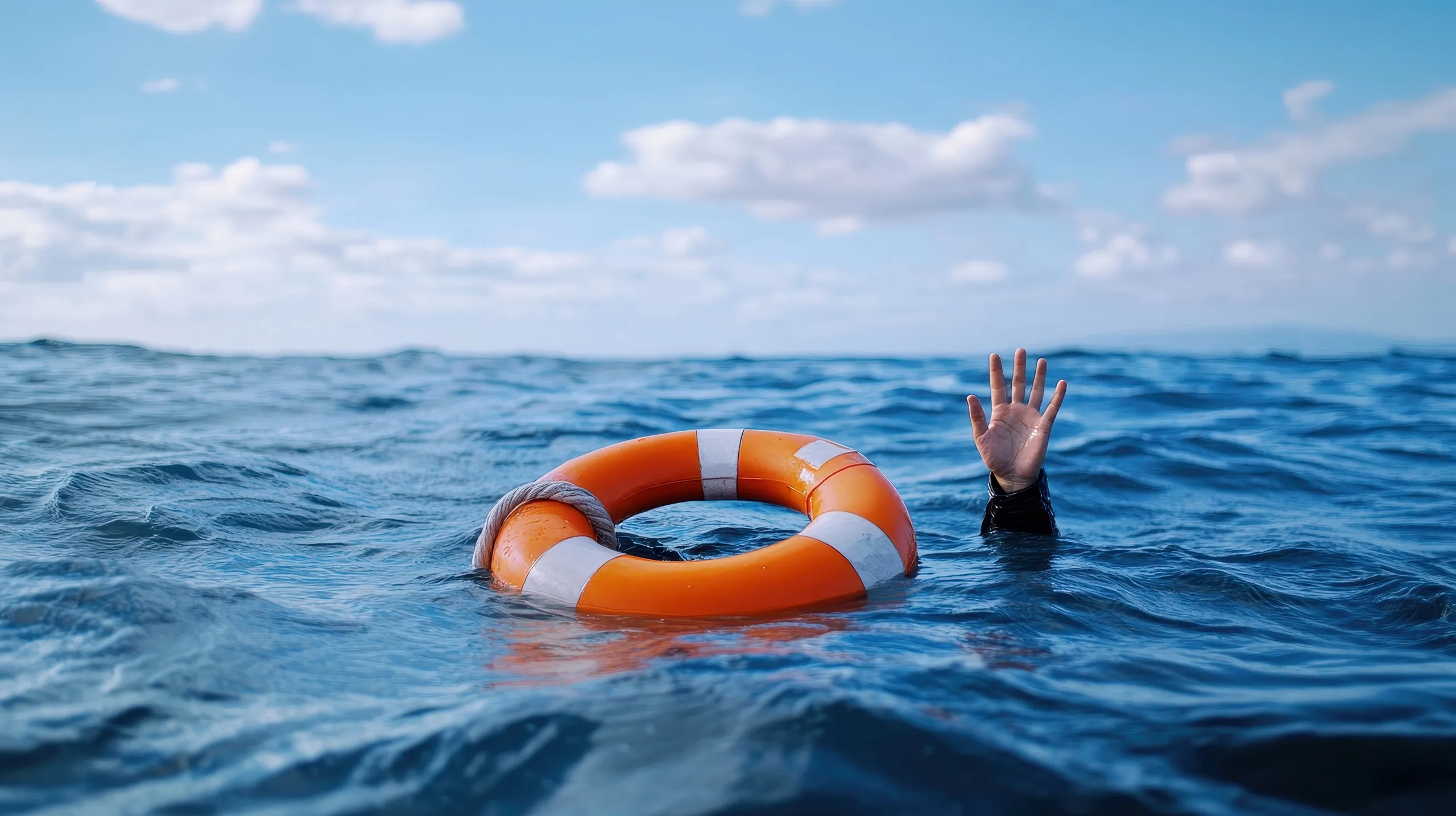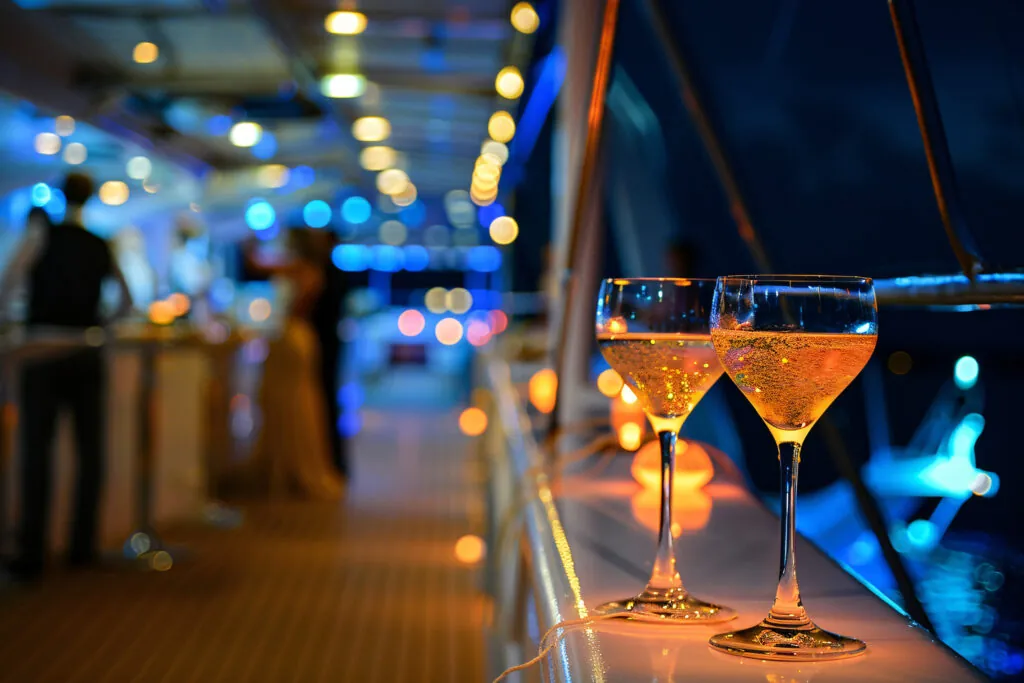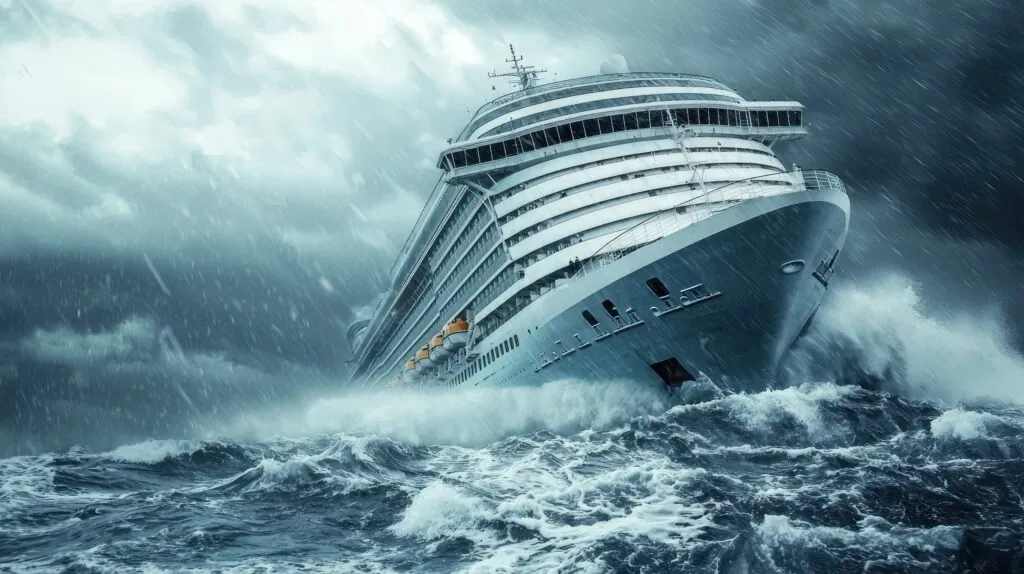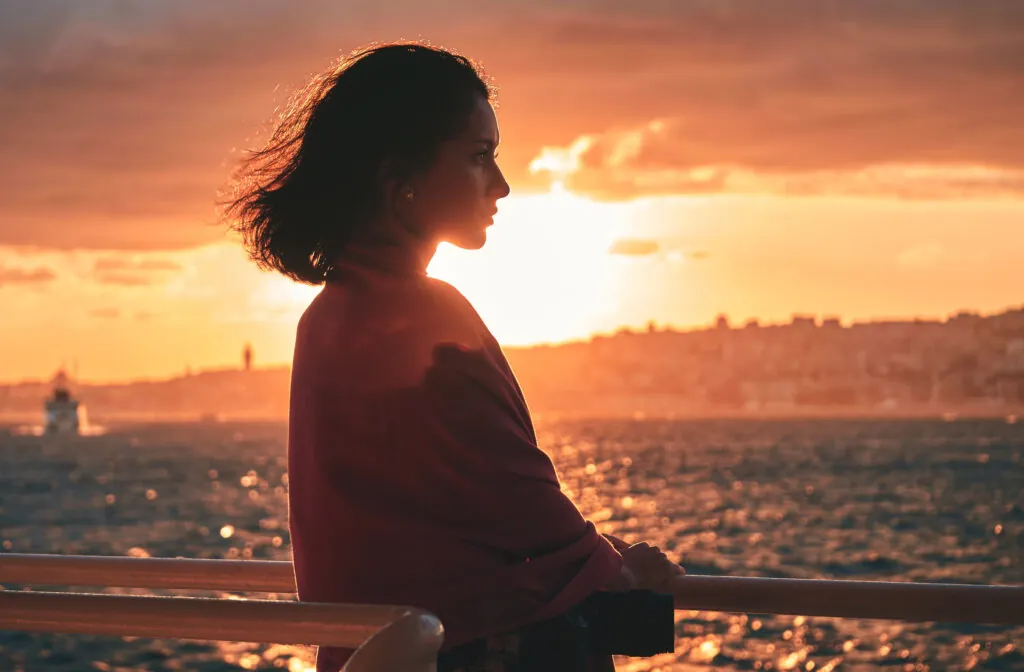Legal Implications of Overboard Incidents on Cruise Ships
Every year, passengers go missing at sea, falling overboard during what was supposed to be a carefree cruise vacation. These events are rare but tragic—and often bring forward critical questions about safety, responsibility, and legal recourse.
This comprehensive guide breaks down the legal aspects of cruise ship overboard liability, explains your rights as a passenger or family member, and outlines what actions can be taken when the unimaginable happens.
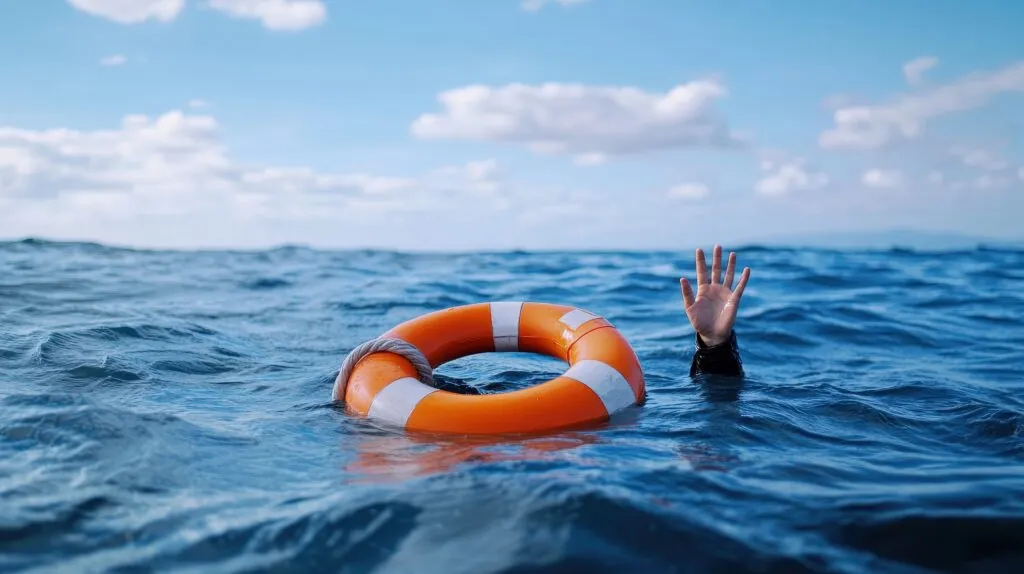
What Is Cruise Ship Overboard Liability?
Cruise ship overboard liability refers to the legal responsibility of a cruise line when a passenger falls overboard. Depending on the circumstances, cruise lines may be held liable for failing to prevent the incident or for how they handled it afterward.
Liability is determined by whether the cruise company met its legal obligations under maritime law and passenger safety standards. If they failed to take reasonable precautions or acted negligently, they could face legal consequences.
How Do Overboard Incidents Happen on Cruises?
Accidental Falls Due to Unsafe Conditions
Passengers have fallen overboard after slipping, tripping, or leaning over low railings. Cruise ships are expected to maintain railings of appropriate height and ensure walking surfaces are not slippery or dangerous.
Intoxication and Lack of Supervision
Many overboard incidents involve alcohol. Cruise lines are expected to monitor and limit alcohol service when necessary, especially if passengers appear visibly impaired and pose a risk to themselves or others.
Mental Health Crises and Suicides at Sea
Some cases involve passengers experiencing mental health crises. Cruise lines are increasingly being urged to train staff to recognize distress signals and intervene early, especially on long voyages where emotional stress can build up.
Violence, Assault, or Foul Play
Not all incidents are accidents. There have been cases of altercations, assaults, or even suspected homicides resulting in a person going overboard. Cruise lines must have security measures in place to deter and respond to violence onboard.
What Responsibilities Do Cruise Lines Have?
Legal Duty of Care
Cruise operators are bound by a “duty of care” to provide a reasonably safe environment for passengers. This means they must take steps to prevent foreseeable harm and respond appropriately to emergencies.
Implementation of Safety Protocols
This duty includes maintaining proper railings, monitoring public areas with cameras, training crew to respond to emergencies, and installing man-overboard detection systems when possible.
Timely Response and Rescue Efforts
When someone falls overboard, time is of the essence. A cruise line must respond immediately by initiating search and rescue protocols, contacting coast guard services, and reviewing surveillance footage. Any delays can result in preventable loss of life and increase legal liability.
How Is Legal Liability Proven in Overboard Cases?
Four Legal Elements of Negligence
To prove that a cruise line is legally liable, the following must typically be demonstrated:
- The cruise line owed a duty of care to the passenger.
- That duty was breached by the cruise line’s actions or omissions.
- The breach caused or contributed to the overboard incident.
- The incident resulted in damages (e.g., death, injury, or emotional harm).
Types of Evidence Used in Lawsuits
Evidence often includes security footage, eyewitness accounts, crew reports, ship logs, and communication transcripts. Preservation of this evidence is vital to building a successful case.
What Laws Govern Overboard Incidents at Sea?
Maritime Law and International Jurisdiction
Cruise ships typically operate under international maritime law, which can vary based on where the ship is registered, where the incident took place, and where the passenger is from. This makes determining legal jurisdiction complex.
The Role of Flags of Convenience
Many cruise ships sail under flags of convenience, meaning they are registered in countries with lax regulations. This can affect which country’s laws apply and whether victims’ families can bring lawsuits in their home country.
U.S. Laws That May Apply
If a cruise departs from or returns to the United States, certain U.S. laws may apply, including the Death on the High Seas Act (DOHSA), which governs wrongful death claims occurring more than three nautical miles from U.S. shores.
What Is the Death on the High Seas Act (DOHSA)?
Overview of DOHSA
The Death on the High Seas Act allows surviving family members to file claims for financial losses resulting from a death that occurred beyond three nautical miles from shore due to negligence or wrongful act.
What Damages Can Be Recovered?
Under DOHSA, families may recover:
- Loss of financial support from the deceased
- Funeral and burial expenses
- Loss of companionship and services
However, it typically does not allow for non-economic damages like emotional pain and suffering.
What Should Families Do After an Overboard Incident?
1. Immediate Action on the Ship
Report the incident to cruise ship authorities immediately. Demand that the ship initiate a full search and rescue operation, and ask if security footage is available to help locate the passenger.
2. Documenting the Event
Families should keep detailed notes of everything they observe, including crew behavior, announcements, timelines, and witness names. This documentation can later be critical in a legal case.
3. Preserving Evidence
Ask the cruise line to preserve all surveillance footage, radio logs, emergency response reports, and crew communications. These documents can become vital in proving whether the cruise line acted responsibly.
4. Contacting a Maritime Lawyer
As soon as possible, consult with a maritime or cruise ship injury attorney. These cases are complex and often require legal action to prevent the loss of evidence or the expiration of filing deadlines.
What Role Does Security Footage Play in Legal Cases?
Surveillance Systems and Gaps
Modern cruise ships are equipped with cameras in most public areas, yet many incidents go unnoticed. In some cases, passengers go missing for hours before anyone is alerted, even if the fall was caught on camera.
Legal Use of Footage
Footage can be used to confirm timelines, track passenger movements, identify potential witnesses, or prove crew inaction. However, some cruise lines may delay or deny access, making it crucial to act fast and involve legal counsel.
Failure to Retain Footage
If cruise lines fail to retain footage or allow it to be overwritten, courts may view this as destruction of evidence. This can significantly strengthen a family’s negligence claim.
Examples of Real Legal Outcomes
In recent years, courts have ruled in favor of families whose loved ones went overboard, awarding significant settlements. In some cases, the courts found that cruise lines delayed rescue operations or failed to monitor high-risk areas.
These outcomes have led to pressure on cruise lines to install man-overboard detection systems and enhance crew training, although many ships still operate without this life-saving technology.
Can You Sue a Cruise Line If a Loved One Goes Overboard?
Yes, you can sue a cruise line if you believe they failed to meet their duty of care. Successful lawsuits may result in financial compensation and policy changes within the cruise industry. The process, however, can be legally complex and time-sensitive, so immediate action is recommended.
How Long Do You Have to File a Lawsuit?
Most cruise ticket contracts include clauses that limit the time you have to file a claim. This period is usually one year from the date of the incident. Some require that you notify the cruise line of your intent to sue within six months. Missing these deadlines can result in dismissal of your case, regardless of its merits.
Final Thoughts: Justice Is Possible After a Cruise Tragedy
Cruise lines are not immune from legal accountability. While they provide leisure experiences, they are still businesses bound by laws to protect their passengers. When that protection fails—whether due to poor safety design, lack of staff training, or intentional cover-ups—families have a right to seek justice.
Legal action cannot undo the pain of loss, but it can uncover the truth, hold responsible parties accountable, and create industry change to prevent future tragedies.
Frequently Asked Questions (FAQ)
Can I sue a cruise line if someone falls overboard?
Yes, in many cases you can sue a cruise line if a passenger falls overboard—particularly if the cruise line failed to meet its legal duty of care. Lawsuits may be based on negligence, failure to respond in a timely manner, lack of adequate safety measures, or poor emergency protocols. Each case depends on the specific facts, but courts have held cruise lines responsible when passengers were injured or died as a result of preventable overboard incidents.
What laws apply if someone goes overboard on a cruise ship?
Legal jurisdiction can be complex in these cases. Overboard incidents are typically governed by a combination of international maritime law, the laws of the country where the cruise line is incorporated, and the terms in the passenger’s cruise contract. In cases involving U.S.-based cruises, the Death on the High Seas Act may apply if the incident occurred more than three nautical miles from shore.
What is the Death on the High Seas Act (DOHSA)?
The Death on the High Seas Act is a U.S. federal law that allows surviving family members to file a wrongful death claim when a person dies more than three nautical miles offshore due to negligence. This law limits the types of damages that can be recovered—typically to financial losses like funeral costs, loss of financial support, and services the deceased would have provided. Non-economic damages like emotional suffering are generally not covered.
How long do I have to file a lawsuit against a cruise line?
Most cruise lines include limitations in their ticket contracts that give passengers just one year to file a lawsuit and as little as six months to formally notify the company of their intent to sue. These deadlines are strictly enforced, and missing them can result in your claim being permanently barred, regardless of its merits. It’s important to consult with a maritime attorney as soon as possible after an incident occurs.
What should I do immediately after a loved one falls overboard?
If a loved one falls overboard, notify the ship’s crew immediately and insist that a full search-and-rescue operation be launched. Try to gather information from witnesses, crew, and any available video surveillance. Document everything, including timeframes and interactions with staff. Request that all relevant evidence be preserved. As soon as you can, consult with a lawyer experienced in cruise ship litigation to protect your legal rights.
Contact The Cruise Injury Law Firm Today
If your loved one went overboard on a cruise, time is critical. Do not wait for the cruise line to take action. Speak with an experienced maritime lawyer who understands international jurisdiction, cruise contract law, and how to handle these highly sensitive cases. Contact us today to schedule a free consultation.
You deserve answers. You deserve justice. And you deserve a legal team that knows how to fight for both.
